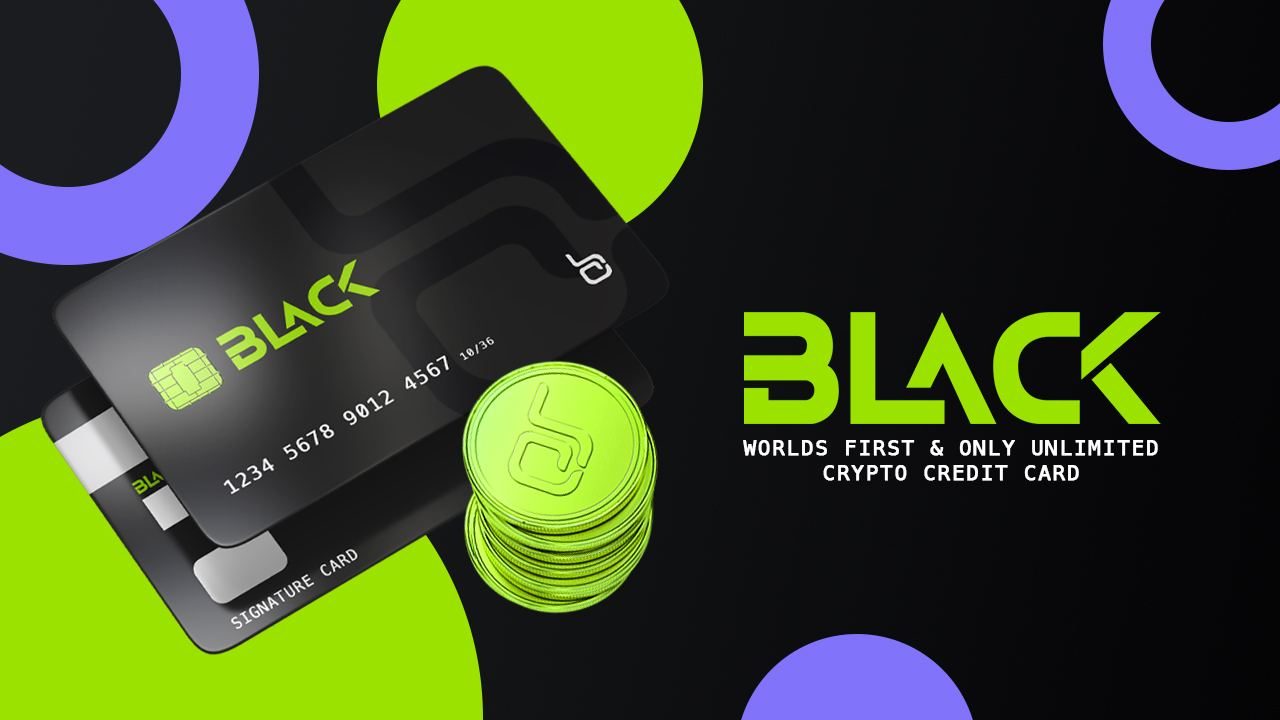GMX Voted To Integrate Chainlink’s Low-latency Oracles For Fee Solution
Key Points:
- GMX announced it would be a launch partner for Chainlink’s low-latency oracles.
- The DEX will include Chainlink’s low-latency oracles to increase speed and data security.
- Chainlink service providers will earn 1.2% of the DEX’s total fees.
To improve its derivatives and perpetual swap exchange, GMX will connect to Chainlink’s low-latency pricing oracles, which are meant to provide price data quicker than standard oracles.
Following a community vote to integrate Chainlink’s solution to support perpetual, swaps, and liquidity in the upcoming GMX V2 protocol, the largest decentralized perpetual exchange operating on Arbitrum and Avalanche announced today that it would propose to become a launch partner for Chainlink’s low-latency oracles.
Low-latency oracles are a new standard in ultra-fast oracle architecture, and they represent a significant step forward in strengthening the DeFi economy’s security, decentralization, and user experience. The proposal is available on the GMX snapshot page. At the time of publication, more than 96% of community votes have supported the integration, with 1.7 million GMX tokens being utilized to vote.
A few days ago, user “Coinflipcanda” made an intriguing suggestion on the GMX Protocol Governance page. It is a collaboration with Chainlink to create low-latency oracles inside the V2 protocol to ensure traders get consistent and tamper-proof pricing feeds.
The DEX will pay a 1.2% charge on the commissions earned by the platform when individuals utilize it for decentralized trading.
Protocol costs include user fees, such as opening/closing position fees (margin trading), loan fees, swap fees, and any other payments from which GMX Treasury maintains a share of the protocol.
In an official statement, X, GMX’s development core contributor, stated:
“GMX contributors have been working with Chainlink Labs since last year on the specifications of these new oracles, and we’re excited to contribute to establishing a long-term self-sustainable oracle network.”
Data from pull-based Oracle networks is made accessible off-chain and drawn on-chain when required by user transactions. This enables dApps to consume data at lower latencies and at a cheaper fee while also decreasing the danger of frontrunning and MEV by keeping pricing data private until transactions are finalized.
The economic alignment between Chainlink and GMX, according to Johann Eid, VP of Go-To-Market at Chainlink Labs, is a key step toward developing the necessary web3 infrastructure that supports a more sustainable DeFi environment.
Network data operators are constantly encouraged to guarantee low-latency feeds, which are important to market functioning and required for the growth of GMX on other blockchains.
The Arbitrum testnet is currently developing a beta version of these low-latency oracles, and major contributors are testing them.
DISCLAIMER: The information on this website is provided as general market commentary and does not constitute investment advice. We encourage you to do your own research before investing.
Join us to keep track of news: https://linktr.ee/coincu
Harold
Coincu News



















